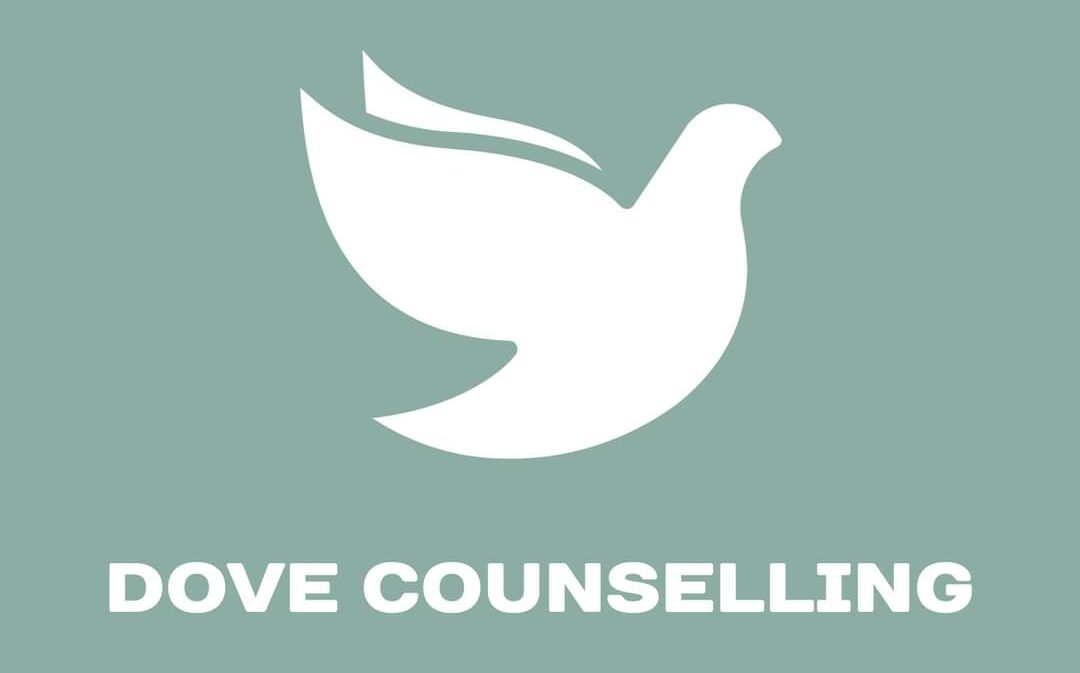Moving through change: A practical guide for life’s big transitions
Life is full of transitions, some expected, others abrupt. Whether you’re starting a new job, moving cities, ending a relationship, or redefining your goals, one thing is certain: change is inevitable. But while change can be uncomfortable, it also presents a powerful opportunity for growth.
This guide offers practical, actionable steps to help you not just survive major life transitions, but use them as a springboard for personal and professional advancement. With the right mindset and strategies, you can turn periods of uncertainty into transformative experiences.
Welcome change, even if it’s uncomfortable
Change is a constant, not a disruption. Resisting it often leads to unnecessary stress and missed opportunities. Instead, acknowledge that uncertainty is part of the process. Acceptance doesn’t mean enjoying every aspect of the shift, but it allows you to approach transitions with curiosity instead of fear, creating space for growth and new perspectives.

Start crafting your next chapter
Every transition marks the end of one chapter and the beginning of another. Starting something new, whether it’s a career move, a relocation, or a lifestyle change can be daunting. You may face unfamiliar systems, pressure to adapt quickly, or emotional fatigue from the adjustment. Remember, it’s okay to feel overwhelmed. Focus on small wins and gradual integration as you begin writing your next story.
Give yourself time to reflect and adjust
In times of change, it’s tempting to rush forward. But true adaptation takes time. Give yourself space to process what’s happening, emotionally and mentally. Reflection fosters clarity, allowing you to act intentionally rather than react impulsively. This mindful pause can be the difference between chaotic transition and meaningful transformation.

Proactively manage stress
Transitions often stir up stress, manifesting in ways like sleeplessness, irritability, or fatigue. Address it early and head-on. Practices like mindfulness, regular exercise, journaling, or speaking with a therapist can help you regain emotional equilibrium. Managing stress doesn’t eliminate the challenges, it empowers you to meet them with resilience.

Tap into your support systems
You don’t have to go through transitions alone. Reach out to friends, family, mentors, or support groups who can offer perspective, guidance, and empathy. Additionally, community resources, online or local can provide tools and encouragement you hadn’t considered. Leaning on your network isn’t a sign of weakness, it’s a strategy for strength.

Look for the silver linings
It can be hard to see the upside when you’re in the thick of change, but often, transitions carry hidden gifts: personal growth, new relationships, fresh opportunities. Training your mind to seek the positive doesn’t erase the challenges, it simply balances them with hope. Reframing your situation can make all the difference in how you experience it.
Make thoughtful, grounded decisions
During chaotic times, it’s natural to crave control, which can lead to impulsive choices. Resist the urge to make decisions too quickly. Slow down. Consider your options. Make choices based on your long-term values and goals rather than short-term discomfort. Thoughtful decisions today lay the foundation for a more stable tomorrow.

Build resilience, one step at a time
Change tests us, but it also shapes us. View each challenge as an opportunity to build resilience and move closer to the life you want. Your attitude and actions during times of upheaval can define your path forward. When one door closes, another opens. Walk through it with courage, clarity, and an open heart.

Put these strategies into practice
Life transitions aren’t roadblocks, they’re crossroads. With intention, self-awareness, and support, you can move through change not only intact but empowered. By applying these strategies, you’ll turn uncertainty into a launchpad for your next phase of growth.
When to seek support
While self-guided strategies can be incredibly helpful, some transitions are especially complex or emotionally heavy, such as the loss of a loved one, a major identity shift, or sudden life upheaval.
In these moments, working with a professional counsellor who specialises in grief, transitions, or personal development can provide the support, tools, and perspective you need to navigate the journey more effectively.


0 Comments